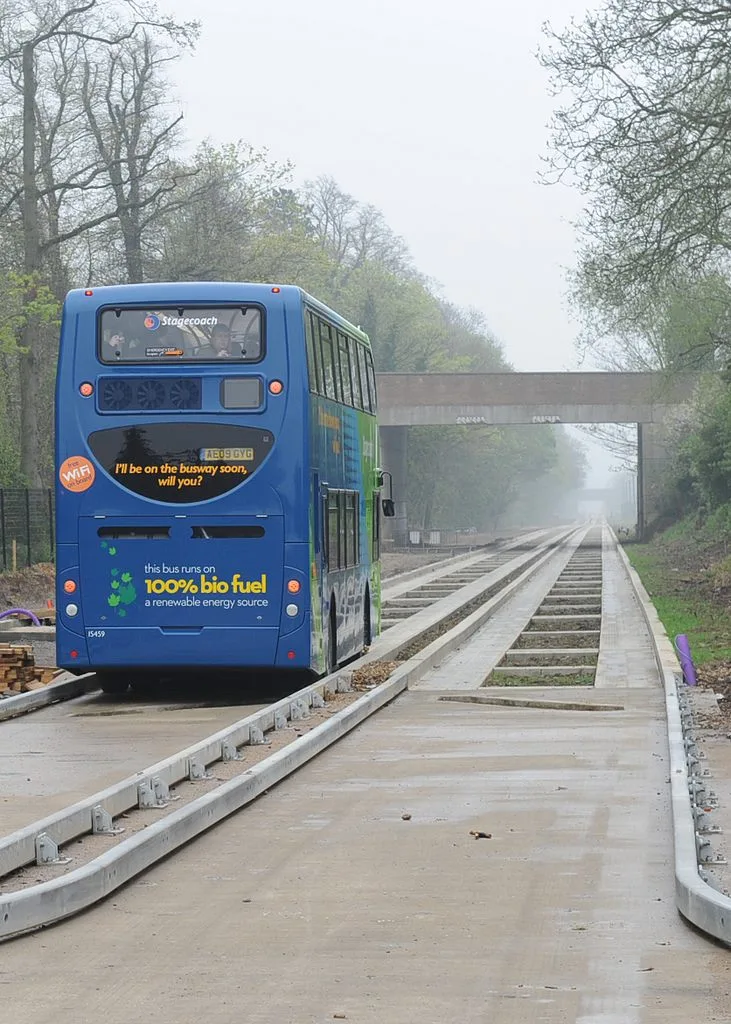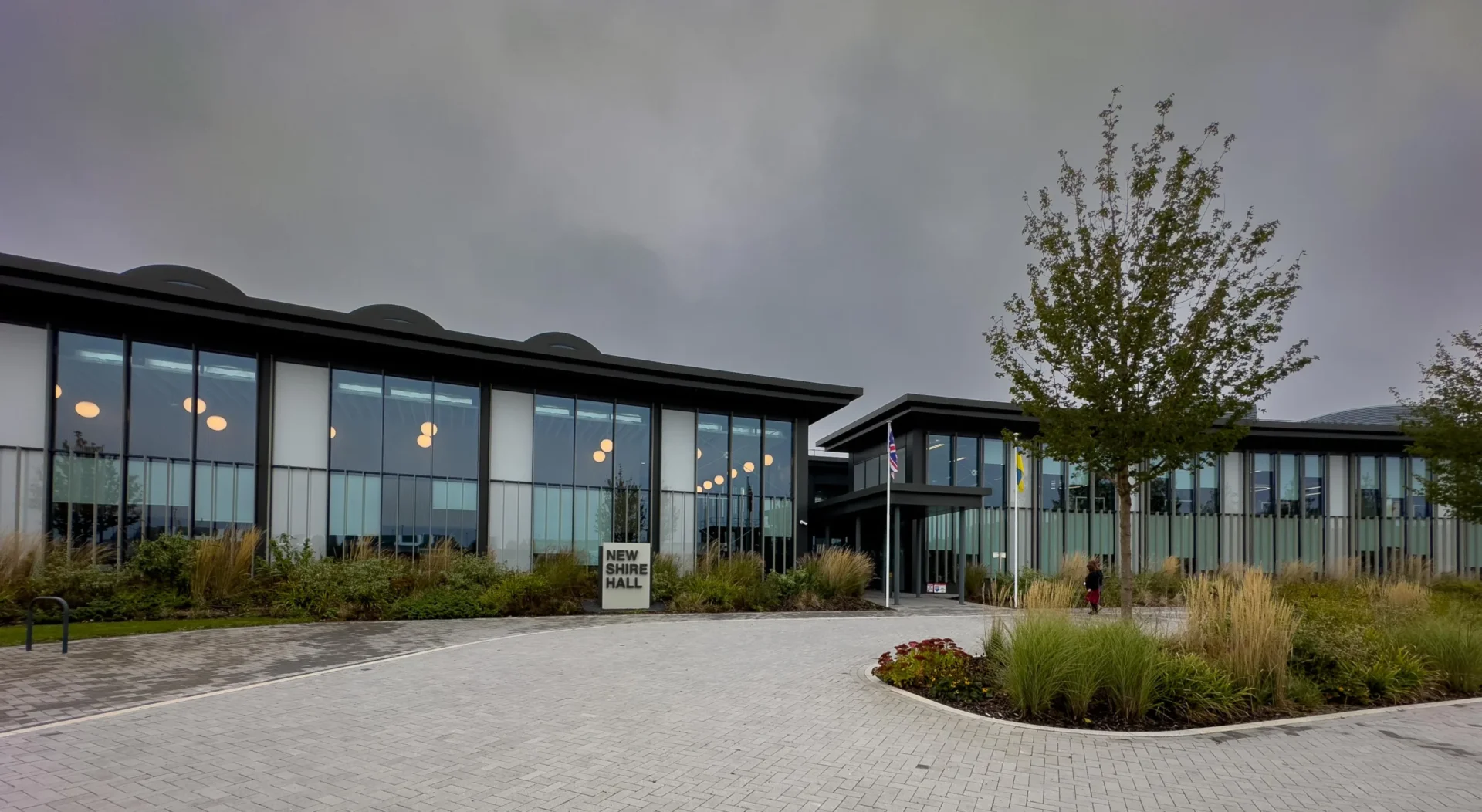A Cambridgeshire County Council officer quit ahead of being charged with gross misconduct once it was discovered he had a second job – with another local authority. The brazen deception is included in a report to the council’s audit and accounts committee on February 6 which also has revelations of a council employee accused of blackmail and two others under investigation for alleged fraud.
A report to the committee says the officer working two jobs was identified during an internal audit.
“It identified that an officer who was employed full-time at Cambridgeshire also appeared to be working 30 hours a week with another local authority,” says the report.
“Initial inquiries confirmed this had not been declared to HR nor the officer’s line manager as required under the council’s code of conduct and therefore an investigation into possible gross misconduct was undertaken jointly between internal audit and HR.”
The report adds: “The employee was suspended, and an investigation report produced; however, the employee resigned prior to a hearing taking place.”
The report also says internal audit is currently investigating two cases of alleged fraud involving people working for the county council.
And the report mentions a case of attempted blackmail also under investigation.
“There is currently one open case relating to attempted blackmail,” says the report. “This is being dealt with in conjunction with the police and information governance colleagues.”
The cases form part of a quarterly report on internal audit activity.
The report also touches on issues surrounding guided busway legal procurement.
Cambridgeshire County Council has incurred considerable expenditure on busway litigation since April 2018.

This included expenditure on expert witnesses, e-disclosure services and legal advice linked to the busway litigation, and insurance-related expenditure linked to the Health and Safety Executive busway investigations.
“Much of the expenditure relating to the busway dispute was driven by the council’s lawyers leading on the litigation, who would identify a need for specific expert services and often recommended a specific firm or individual or conducted searches to identify a suitable expert,” says the report.
“The appointment of these experts was constrained by the requirement that witnesses must be demonstrably independent from any prior connection to the busway construction or the opposing party.
“Although the council contracted directly with these expert services, it was therefore often not possible for the council to conduct a full open procurement for this expenditure as would usually be required.”
Although, as the report notes, the council set out a process it expected to be followed “the audit found that this process was not always followed to obtain waivers for expenditure which was not in line with CPRs (Contract Procedure Rules) and there were a number of cases where waivers which were applied for and approved subsequently breached their approval limits, both in value and in duration.
“The CPRs do not permit officer approval of waivers valued over £500,000 but in practice the audit did not identify reporting to committee to highlight the unusual procurement constraints linked to the busway expenditure nor to seek approval to incur expenditure over £500,000 on contracts that were not compliant with CPRs.
“The investigation also noted that responsibility for progressing a number of outstanding transfers of land related to the busway was not clear and the risks associated with these outstanding transfers had not been assessed.
“This responsibility has now been delegated to a named officer, who is progressing the action to review all outstanding land transfers and conduct a risk assessment.”
Councillors will be assured the council’s procurement team will monitor any further expenditure on land or insurance matters related to the busway.





















